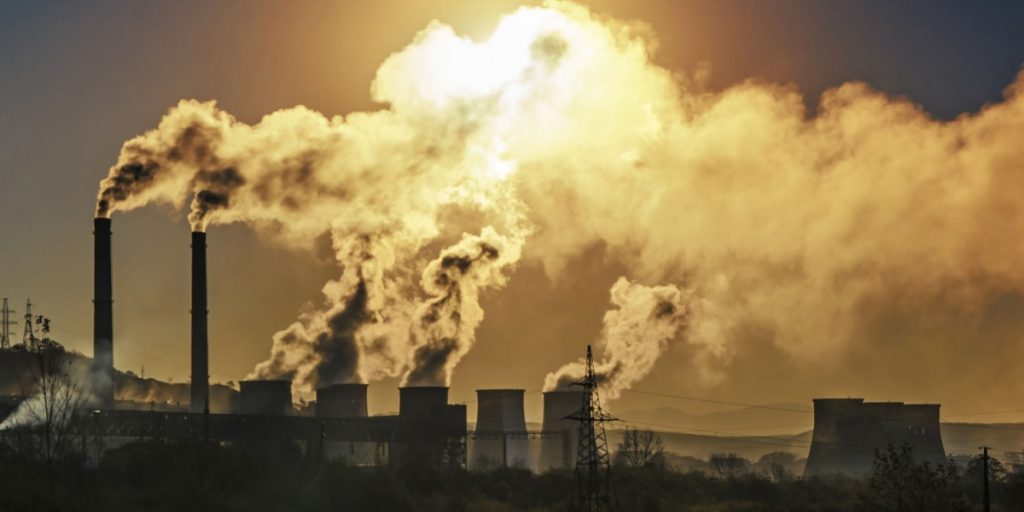2025 marks second-warmest March ever recorded globally, with climate change driving extreme weather across the continent
Others are reading now
As climate concerns mount worldwide, Europe has now logged its warmest March in recorded history, with temperatures 0.26°C above the previous record set in 2014.
The milestone, confirmed by the EU’s Copernicus Climate Change Service (C3S), was reported by Digi24 and reflects an ongoing global trend of increasing heat and climate volatility.
A Warming World
Globally, March 2025 was the second-hottest March on record—just behind March 2024.
According to C3S data, 20 of the last 21 months have seen global temperatures more than 1.5°C above pre-industrial averages, a threshold many scientists view as a critical climate limit. The global average temperature for March was 1.6°C above pre-industrial levels.
Also read
Experts attribute the persistent rise in temperature to greenhouse gas emissions caused by the burning of fossil fuels. The long-term consequences include more extreme weather events, rising sea levels, and shifting ecological patterns.
Europe Faces Extremes
The warming trend was starkly felt in Europe, where the continent not only broke its March heat record but also experienced a striking disparity in rainfall patterns.
Samantha Burgess of the European Centre for Medium-Range Forecasts highlighted that some parts of Europe saw their driest March in nearly half a century, while others recorded their wettest in just as long.
Climate change continues to disrupt normal weather cycles, simultaneously fueling severe droughts and flash floods. The mechanism is straightforward: warmer air holds more moisture, which can lead to more intense storms, while higher temperatures increase evaporation and dry out soils.
Arctic Ice Shrinks Further
Compounding global concerns, Arctic sea ice also hit a record low for March based on 47 years of satellite data. The previous three months had already set similar negative benchmarks.
Friederike Otto of the Grantham Institute for Climate Change and the Environment at Imperial College London described the current conditions as a “man-made climate change crisis.”
The combination of trapped atmospheric heat and warming seas is creating a chain reaction of climatic instability, she said.
As the world continues to grapple with the effects of global warming, March 2025 serves as yet another stark reminder that climate action is no longer optional—it’s urgent.








